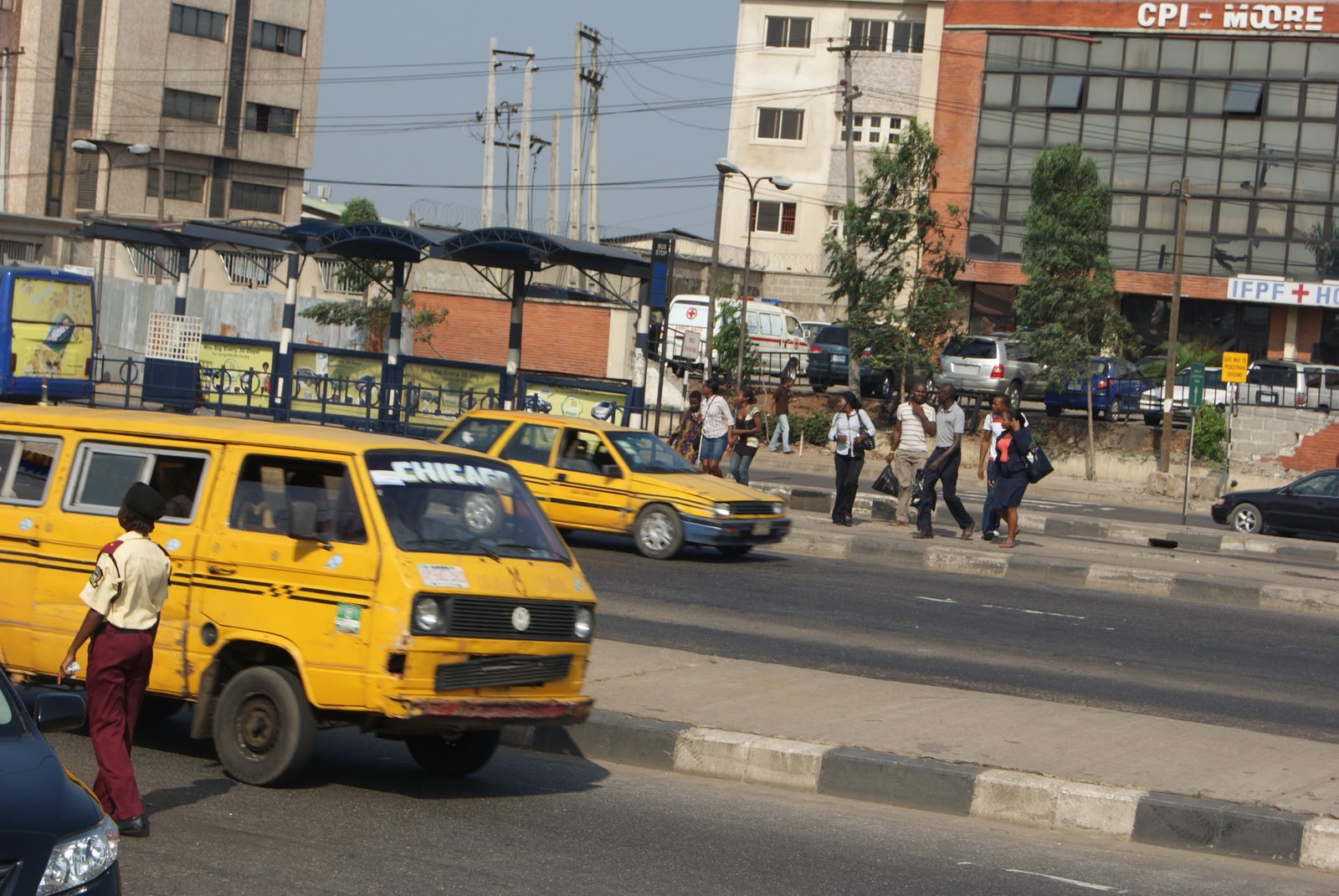by Ryan Cummings
On the morning of August 31, the British Broadcasting Corporation ran with the rather ominous headline that Nigeria’s Boko Haram Islamist sect was ‘spreading to Lagos’. The attention-grabbing caption accompanied an article which detailed how several Boko Haram insurgents had been arrested by the Nigerian government in the country’s densely-populated commercial capital. The content of the BBC article was based on a August 30 communique released by the Department of State Services (DSS) spokesman, Tony Opuiyo, who claimed that as many as 20 senior Boko Haram operatives had been arrested by security forces in the states of Lagos, Kano, Plateau, Enugu and Gombe between July 8 and August 25 this year.
Reports of Boko Haram arrests in Lagos may come as an unwanted surprise to many observers of the security dynamics underpinning Nigeria. While the Islamist extremist sect has been able to execute acts of gratuitous violence with regularity in major cities in northern and central Nigeria, the sect has seemingly lacked the operational capacity to strike in Nigeria’s economic heartland. Could the recent arrests of the militants suggest that Lagos’ fortunes were about to change?
In assessing the recent evidence, it is important to note that this is by no means the first occasion that Boko Haram suspects have been arrested and remanded in Lagos. In July 2013 for example, the erstwhile General Officer Commanding (GOC) the 81 Division of the Nigerian Army in Lagos, Major General Obi Umahi, claimed that as many as 42 Boko Haram members had been arrested in the Lagos and Osun states. According to Umachi, “A large cache of weapons and explosives the sect had imported into Lagos with a plan to simultaneously bomb 16 landmarks in the state, were also recovered.” The mass Boko Haram detentions came a year after a suspected member had been arrested in the city’s Ikorudu area in April 2012, while allegedly attempting to bomb a church in the area. Moreover, even the recent revelations of Opuiyo are not as new as the mainstream media would make us believe. Reports of Boko Haram arrests in Lagos and other states were made on August 10 when the present General Officer Commanding (GOC) the 81 Division of the Nigerian Army, Major General Tamunomiebi Dibi, suggested the tracking down and subsequent arrest of suspected Boko Haram operatives in the states of Lagos and Enugu.
[quote_box_center]…the ability of the sect to achieve such a feat will continue to be hampered by the dominant demographic of Lagos, which is both ethnically and religiously diverse from the typical Boko Haram combatant. As is the case for any terrorist organisation, their ability to pose a pronounced and sustained threat in any area of interest is generally dependent on the grassroots support structure they possess within such a locale. I remain highly sceptical than Boko Haram enjoys such a support structure in the city of Lagos.[/quote_box_center]
And while the aforementioned incident debunks suggestions that a presumed Boko Haram presence in Lagos is a novel development, it is also worth noting that the sect may have already conducted an attack in the city. On June 25, 2014, two large explosions were reported at a fuel depot in the industrial Apapa area of Lagos. Initially, authorities ruled the blasts as accidental and rebuked any suggestion that the explosions were in any way an act of terrorism. However, subsequent reports would suggest otherwise. Bob Seddon, an Iraq and Afghanistan veteran and a specialist in improvised explosive devices (IEDs), examined pictures of the blast site and categorically confirmed that the incident involved the use of ‘high explosives’. Seddon, who was requested to examine the pictures of the blast site by the AFP media network, concluded that “the type of blast effects and fragmentation pattern you would get from a gas explosion are quite different,” and further asserted that 25-50 kilos (55-110 pounds) of improvised high explosive were likely used to catalyse the explosion at the Apapa fuel depot. Further to this, Boko Haram’s firebrand leader, Abubakar Shekau, claimed responsibility for the attack in a video communique released on July 14.
But while Boko Haram may have long considered Lagos to be a high value target, and may have even conducted a rather unsuccessful attack in the city, this does not preclude the sect from being more motivated than ever to strike at Africa’s most populous urban centre.
By recently pledging allegiance to the Islamic State (IS), Boko Haram has undoubtedly become the Levant-based group’s largest and deadliest affiliate. However, while Boko Haram has and continues to exact massacre after massacre against civilian targets in Nigeria and, more recently, in neighbouring Niger, Chad and Cameroon, the sect is yet to achieve an act of violence which would simultaneously strike at the very foundation of the Nigerian state and its partnership with the West. An attack on the scale of the Sousse attacks in Tunisia, or that of the kidnapping and subsequent stylised execution of an expatriate in the Egyptian capital of Cairo, is yet to be replicated by the newly-christened Islamic State in West Africa. A large-scale and mass-casualty attack in Lagos, particularly in the city’s foreign-populated commercial districts, however, would most certainly achieve this.
That said, the ability of the sect to achieve such a feat will continue to be hampered by the dominant demographic of Lagos, which is both ethnically and religiously diverse from the typical Boko Haram combatant. As is the case for any terrorist organisation, their ability to pose a pronounced and sustained threat in any area of interest is generally dependent on the grassroots support structure they possess within such a locale. I remain highly sceptical than Boko Haram enjoys such a support structure in the city of Lagos.
Ryan Cummings is chief analyst for Africa at red24. The articles is culled from Premium Times.
The opinions expressed in this article are solely those of the author.







